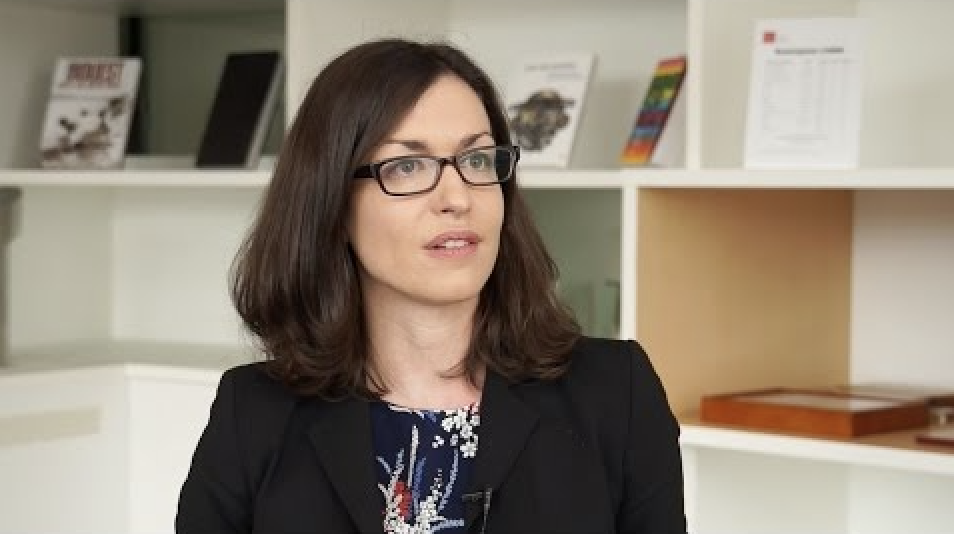
Nicole Bourbonnais, Professor of International History, now co-directs the Gender Centre with Elisabeth Prügl, professor of International Relations and Political Science.
How do you see your role in the Gender Centre and why are you excited to join the team?
My role will include moderating the Gender Seminar Series – the Gender Centre research seminar –, participating in organising lectures, and working on broad strategies and development of the Gender Centre.
I've been an affiliate of the Centre for the past six years and have always loved the space it has provided for interdisciplinary exchange. Some of the most interesting discussions I've had since joining the Institute have been facilitated by the Centre, and it will be fantastic to be more directly involved.
I'm also really looking forward to connecting more with students working on gender – the Gender Centre has 15 PhD affiliates! – and the broader international Geneva community.
What is your background and what do you bring to the Centre?
I'm a historian, and my research thus far has focused primarily on reproductive politics in the context of decolonisation and transnational activism in the 20th century. I'm also really interested in the history of motherhood, global health, and the intersections between anti-racist and feminist activism. I look forward to strengthening the Centre's historical grounding, as well as our focus area on "Body Politics and Health."
That being said, one of my favorite things about engaging with the Centre has been attending talks on subjects that seem to have nothing to do with what I work on… only to find endless connections that end up shaping my research. I'm therefore most excited to collaborate in creating a diverse programme of research and discussion that tackles gender from multiple thematic approaches, disciplines, and perspectives.
Why do you think it is important to sustain a gender perspective on current issues?
A gender perspective allows us to see elements that are not always automatically visible, but profoundly impact how any given issue plays out. For example, in the context of the Covid-19 pandemic, a gender perspective exposes how the dynamics of the care economy and violence in the home shape experiences of economic downturn, illness, and confinement.
We can also see how the pandemic enhances gender, race, class, and other inequalities to further constrain the exercise of some of our most basic rights, such as sexual and reproductive rights.
These aspects can too easily be overlooked if we don't consciously stop and ask "how does gender shape this issue?," thus leaving us with incomplete analyses and flawed policies.
Banner image: ©xuanhuongho/Shutterstock.com


